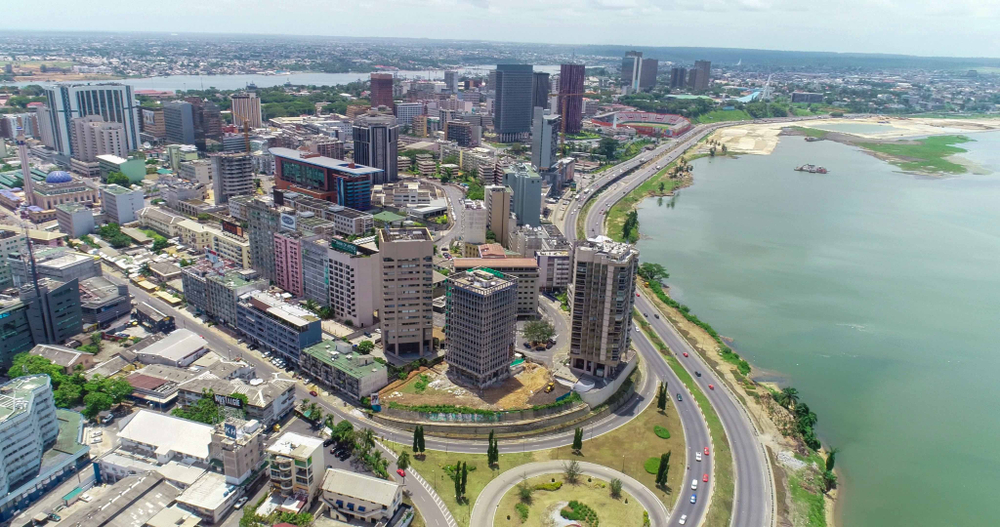Assessing Living Standards in the Greater Abidjan Area, Côte d’Ivoire

Funded by the Stanford King Center on Global Development and in partnership with IPA Côte d’Ivoire, researchers assessed the well-being and living standards of populations in peri-urban areas of Greater Abidjan.
In Sub-Saharan Africa, two-thirds of projected population growth by 2050 is expected to occur in urban areas. Nearly six million people live in Côte d’Ivoire’s economic capital Abidjan, making it the second largest city in West Africa. Much of Abidjan’s population and economic expansion has been concentrated in the central parts of the city while peri-urban areas have experienced economic and social insecurity. Despite extensive research on Africa’s urbanization, there is limited detailed and high-quality long-run data on household living standards in peri-urban areas.
With funding from the Stanford University King Center on Global Development, researchers partnered with IPA Côte d’Ivoire to conduct a panel survey with 5,127 households—and one-on-one surveys with 2,940 individuals of these households—in Greater Abidjan. They focused on indicators such as demographics, available public services and satisfaction with them, access to healthcare, and other factors.
Initial observations indicate that most households in peri-urban Abidjan had lived in their subprefecture—the administrative center of a district—for years, with many residents originally from Greater Abidjan or elsewhere in Côte d’Ivoire. Self-employment or wage earnings were the main income sources, often below the monthly minimum wage. Among the adults in the individual survey, 63 percent could read and write in French. Of those with formal schooling, 36 percent had a primary school education, 48 percent had a secondary school education, and 16 percent had beyond a secondary school education.
While more than 92 percent of all individuals within the household survey had access to drinking water and electrical lights, 33 percent disposed of their garbage through informal methods, such as discarding it directly into the environment, and 41.7 percent disposed of their wastewater in a similar manner. Most households lacked medical insurance but were aware of the CMU system that was being rolled out. Despite private healthcare costs, it was preferred over public hospitals due to higher quality.
Sources
1. Heinrigs, Philipp. "Africapolis: understanding the dynamics of urbanization in Africa." Field Actions Science Reports. The journal of field actions Special Issue 22 (2020): 18-23.
2. United Nations Habitat. Côte d’Ivoire country report 2023. Abidjan, CI: UN-H, 2023.
Research Partner













